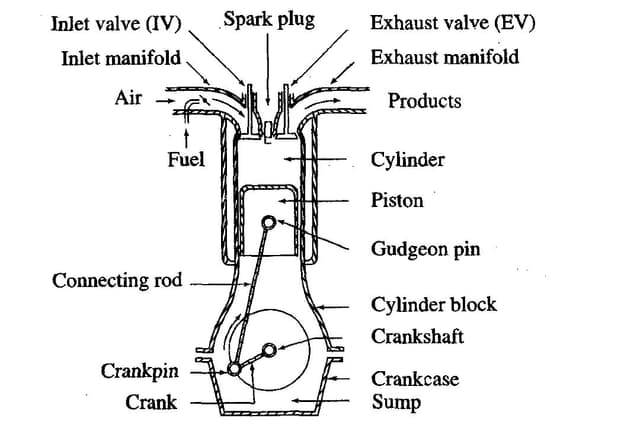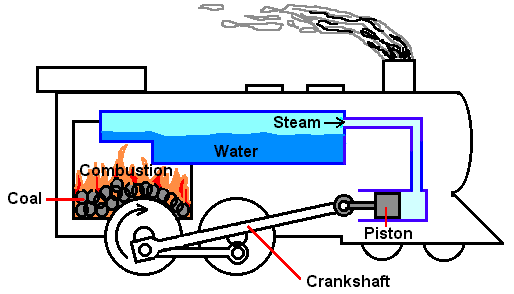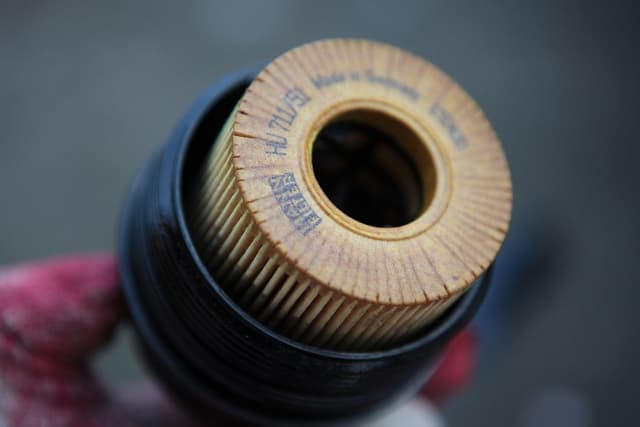Automatic Gearbox
Have you ever wondered how your car smoothly changes gears without doing anything? It's all thanks goes to the automatic gearbox.

Bablu Yadav
Posted in Automobile Engineering
.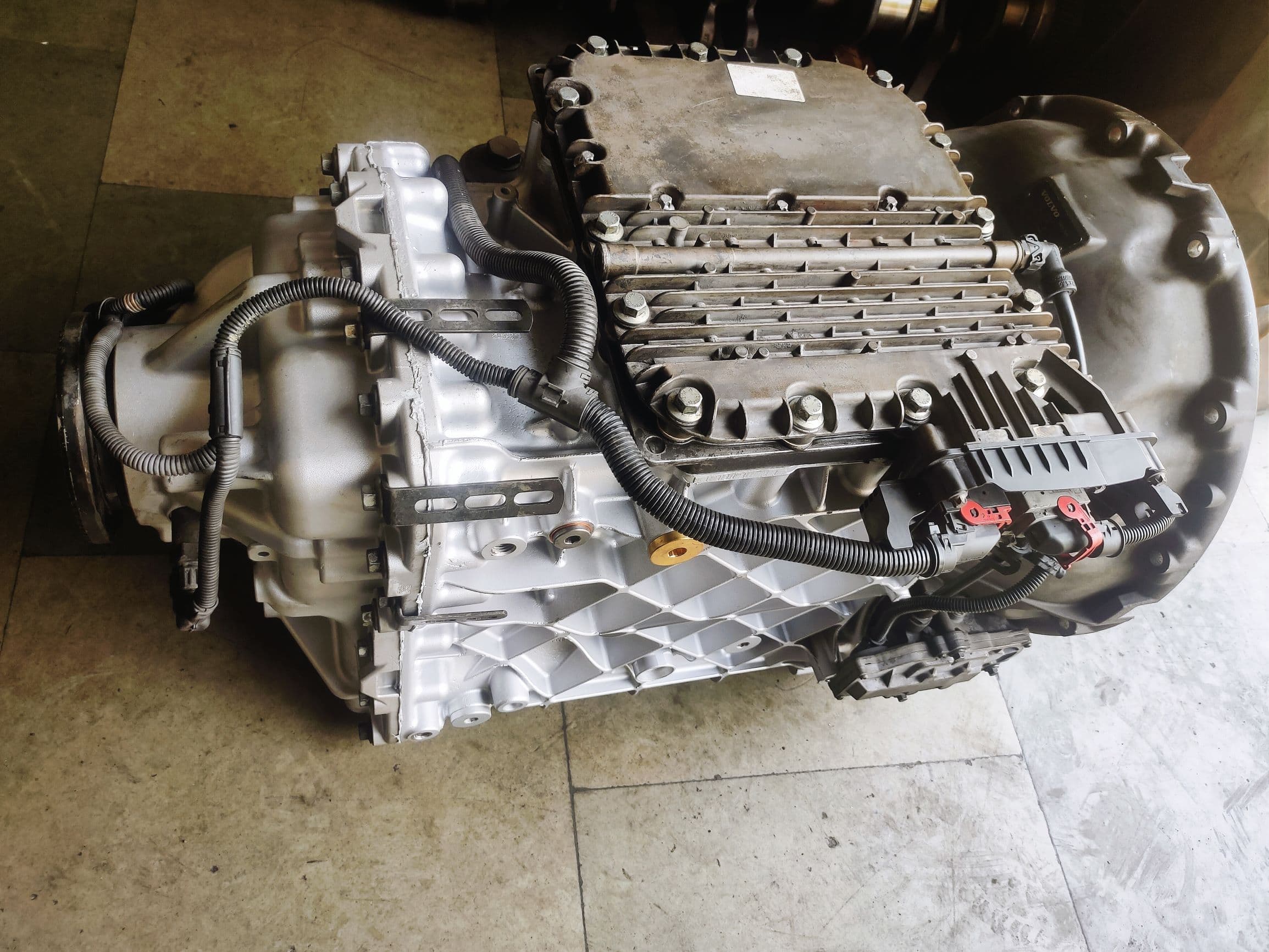
Introduction
Have you ever wondered how your car smoothly changes gears without doing anything? It's all thanks goes to the automatic gearbox. In this blog post, we'll delve into the world of automatic gearboxes, explaining how they function in straightforward terms.
What is an Automatic Gearbox?
An automatic gearbox, also known as an automatic transmission, is an essential component of your vehicle that manages gear and changes automatically.In Manual transmissions the driver selects the gear while automatic transmissions handle this task automatically, making driving easier to drivers , especially in heavy traffic.
How Does It Work?
Gear Selection
Automatic gearboxes are a combination of gears and a specialized fluid called transmission fluid or gear oil to regulate the power from the engine to the wheels. When you start your car, it's typically in "Park" or "Neutral" mode, which represents that the engine is running, but the vehicle remains stationary.
Gear Shifting
When you press the accelerator pedal, the transmission determines when to shift gears based on various factors such as vehicle speed and engine load. Clutch and gear changing are handled fully automatically so that you can concentrate on the traffic. If the situation requires ,you can also choose to change gear manually. As you accelerate, it will shift to higher gears to increase your car's speed, and when you decelerate, it shifts to lower gears to provide more power.
No Clutch Pedal
In manual transmissions you get a clutch pedal while in automatic gearboxes lack a clutch pedal. In manual transmissions, you must depress the clutch pedal and manually shift gears but With automatic transmissions, you can focus on driving without the need to change gears yourself.
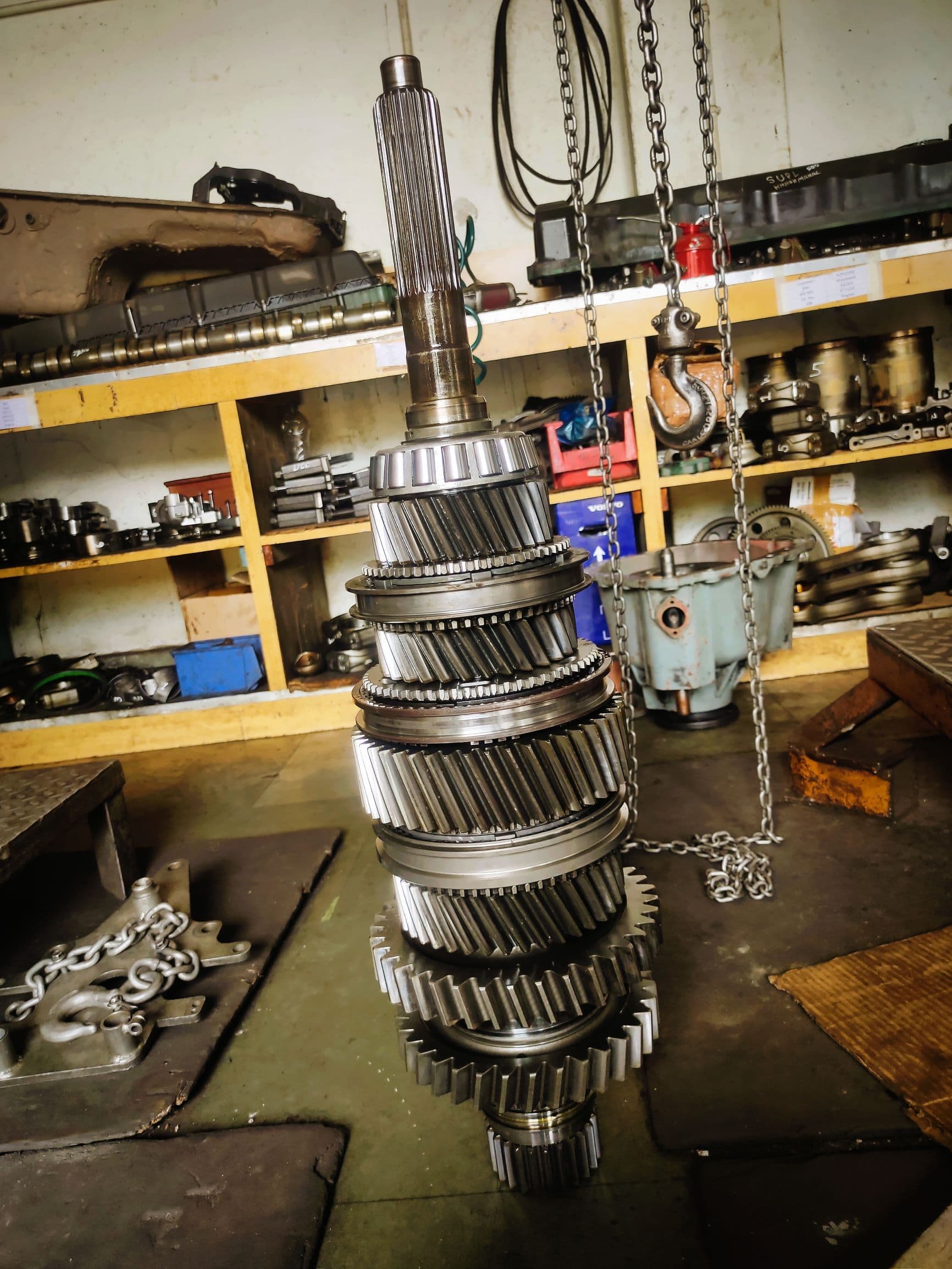
Types of Automatic Transmissions
There are several types of automatic transmissions, including:
Traditional Automatic
This is the most prevalent type. It utilizes a torque converter to transmit power between the engine and the transmission.
Dual-Clutch Automatic
This transmission type is found in some high-performance vehicles and employs two clutches for exceptionally fast gear changes.
Continuously Variable Transmission (CVT)
CVTs do not rely on traditional gears. Instead, they employ a belt and pulley system to deliver seamless and continuous gear changes.
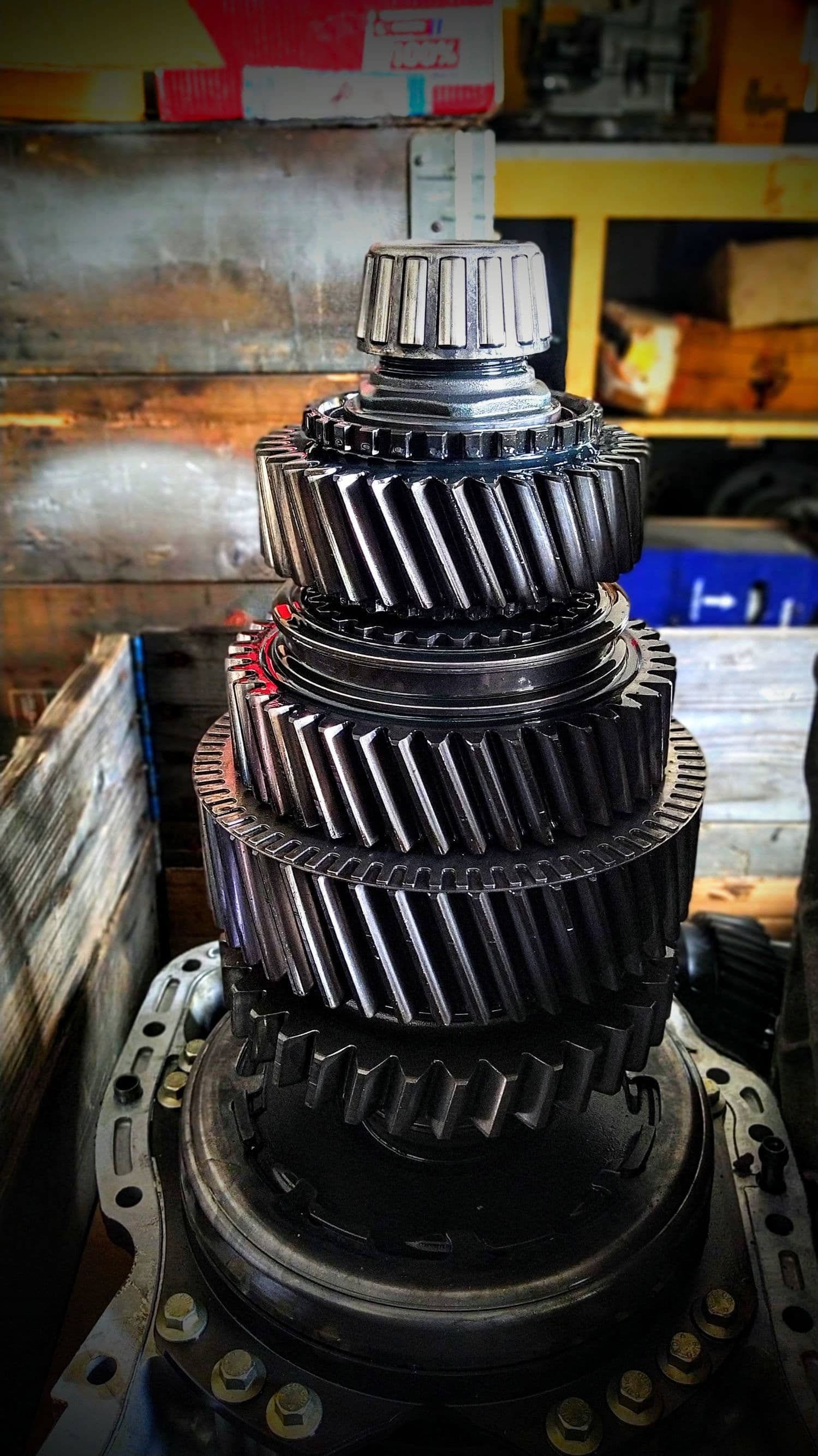
Advantages of Automatic Gearboxes
Easy to Drive:
Ideal for novices or individuals who prefer a trouble-free driving experience.
Ideal for Stop-and-Go Traffic:
Automatics excel in heavy traffic, eliminating the need for constant gear shifting.
Smooth Shifting:
The transmission takes charge of gear changes, resulting in smoother acceleration and a more comfortable ride.
Conclusion
Automatic gearboxes are the uncelebrated heroes of contemporary driving. They simplify our lives by seamlessly managing gear changes, allowing us to concentrate on the road. So, the next time you take your car for a spin, take a moment to admire the engineering marvel that is your automatic gearbox. It's the reason you can effortlessly cruise down the road, regardless of driving conditions.

